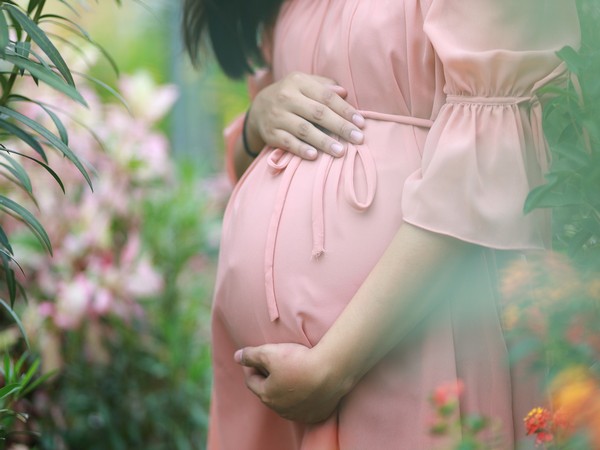

Constantly being locked in for weeks, without seeing one’s friends and family, with the fear of catching a deadly virus, naturally has a negative impact on anyone’s mind, and especially, pregnant women. A new study by the University of Essex has revealed that the COVID-19 pandemic caused a spike in depression and anxiety in expectant mums.
The study was published in ‘BMC Pregnancy and Childbirth’.
The research found that social support protected against anxiety symptoms associated with the pandemic but highlighted changes to maternity services forced by lockdown and other restrictions likely hit mental health.
It was speculated in the paper, that the removal of appointments and other changes to face-to-face contact may have affected well-being.
The senior author, Dr Silvia Rigato, said it was vital to “protect maternal wellbeing during pregnancy and beyond” and “to ensure that all children, and their new families, are given the best possible start in life”.
The study found there was a spike in reported depression rates of 30 per cent from pre-pandemic levels, from 17 per cent to 47 per cent – with anxiety rates also jumping up 37 per cent in expecting mothers to 60 per cent.
The peer-reviewed study of 150 women took place during the height of the Coronavirus crisis between April 2020 and January 2021 – before the vaccination programme rolled out – and was led by Dr Maria Laura Filippetti and Dr Rigato, researchers at the Essex Babylab in the University of Essex.
The paper showed that prenatal trauma, such as the one experienced during the COVID-19 pandemic, can significantly amplify vulnerability to mental health problems.
It also emerged from the study that pregnant women with higher depressive symptoms reported feeling less attached to their unborn babies.
Dr Rigato said: “While this result is in line with previous observations that women’s mood during pregnancy influences the early relationship with her child, it reinforces the need for authorities to support women throughout their pregnancy and the postnatal period in order to protect their health and their infants’ development.”
Importantly, the research also revealed the positive effect that social support plays in protecting expecting mothers’ mental health.
The authors found women who considered the impact of COVID-19 to be more negative showed higher levels of anxiety.
Crucially though, help from partners, family and friends, and the NHS acted as a protective factor and was associated with fewer negative symptoms.
Dr Filippetti said more must be done to help women during this vulnerable time in their lives.
She said: “The high rates of depression and anxiety during the pandemic highlighted by our study suggest that expectant women are facing a mental health crisis that can significantly interfere and impair mother-infant bonding during pregnancy, and can potentially impact on childbirth outcome, as well as later infant and child development.”
The researchers hoped that the research would be used to help understand how the pandemic affected children’s development, mum’s mental health post-partum and how dads coped through pregnancy and beyond.